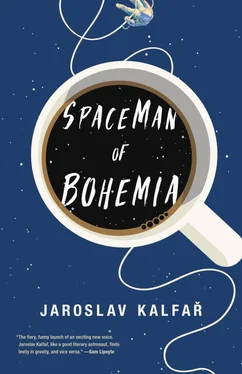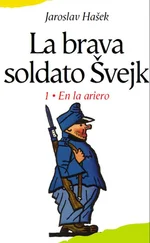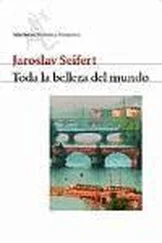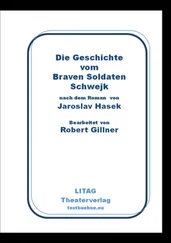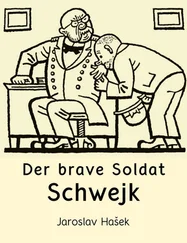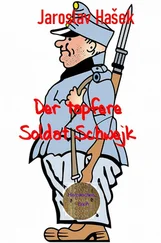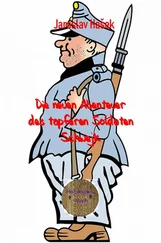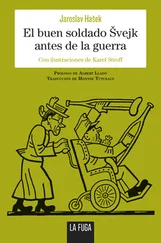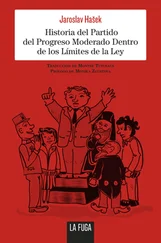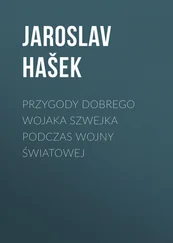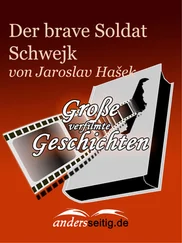“You’re on a mission, Jakub. Focus. It’s not easy for Lenka. Let her do what she needs.”
I pressed the intercom button to reply.
“I survive on these calls. I sleep thanks to them. Now she can’t do it anymore? What does that mean?”
I craved Mozart, gummy bears, rum cake, the curve underneath Lenka’s breast where I could slide my fingers for warmth. The closest comfort on the ship was the remaining three bottles of whiskey the SPCR had reluctantly allowed me to bring on board. I tilted one of the bottles and dipped a finger inside, then spread the flavor along my tongue.
“Through these months and through these miles, Petr, I can’t shake the vulgar sense that somehow I got fucked on this.”
He was silent.
The nausea came with the usual urgency, as if an invisible hand squeezed my medulla and clawed at my stomach lining. She had left. She needed out, she said. Where was my wife, the woman I hallucinated about as I attempted to sleep vertically, the woman for whom I was to return to Earth? Where were the decades of dinners and illnesses and lovemaking and images of our coalescent lives? She had walked into the Space Program of the Czech Republic headquarters in her sunglasses and couldn’t stand to wait and talk to me. She had told a man she barely knew that she needed out. As if I no longer existed.
Lenka left me. The silences had led to this. I had read her exactly right.
She had left me once before, in those weeks around the anniversary of my parents’ deaths, when I hid out in my office for days at a time and left her alone after the miscarriage. But back then, my legs were bound by gravity and I was able to run after her to the metro station, to beg her in front of all the people waiting for their train, to tell her I’d never leave her alone again (yes, I saw the lie now, as I floated inside my vessel), and by the time the train arrived, she allowed me to kiss her hand and to take the suitcase, and we walked home, where we could begin the negotiation of repairing our battered union. There was no such possibility here. Every hour, I was thirty thousand kilometers farther away from her.
BY INSTINCT, I made my way to the lab chamber. Life made sense inside labs, it was measured and weighed and broken down to its most intimate essentials. I removed a plate of cosmic dust, an old sample, from its container, slid it underneath the microscope, and focused. It was the Space genome, the plankton of the cosmos, water turned to wine, and it whispered to me, revealed its content. Another sip of whiskey as I gazed at the milky crystal of silicates, the polycyclic aromatic hydrocarbons, and that omnipresent vermin, H 2O in solid form.
Yes, of course, this was why I had been put on Earth, to collect the pieces of universe and within them find something new, to throw myself into the unknown and bring humanity a piece of Chopra. What marriages I failed, what children I could not bring into being, what parents and grandparents I could not keep alive, it did not matter, for I was above all these earthly facts.
There was no consolation in it. I slid the dust plate back inside its container.
As I exited the lab, shirtless, again I spotted the shadow.
“Hey. You,” I said.
I wondered, not for the first time, why I was addressing an illusion.
The legs quivered, hesitated, then skittered around the corner. I pushed on. I heard the legs scratching along the ceiling, as if tree branches were scraping the vessel’s windshield. Behind Corridor 4, the shadow rested. There was nowhere else to escape. I was unafraid, which frightened me. I swam forward.
The smell was distinct—a combination of stale bread, old newspapers in a basement, a hint of sulfur. The eight hairy legs shot out of the thick barrel of its body like tent poles. Each had three joints the size of a medicine ball, at which the legs bent to the lack of gravity. Thin gray fur covered its torso and legs, sprouting chaotically, like alfalfa. It had many eyes, too many to count, red-veined, with irises as black as Space itself. Beneath the eyes rested a set of thick human lips, startlingly red, lipstick red, and as the lips parted, the creature revealed a set of yellowing teeth which resembled those of an average human smoker. As it fixed its eyes on me, I tried to count them.
“Good day,” it said.
Then:
“Show me where you come from.”
THE ALIEN CREATURE RAKES through the confines of my mind, gently but resolutely. It is seeing me. It is studying me to the very core of my genetic code. The tips of its legs strum on threads of memory, a rhythmic twitching within my brain matter. It shuffles through the history of my heredity, the origins of my nation, what brought both me and the name Jan Hus to the cosmos. The feeling is not entirely unpleasant. Together, we see Hus, a man of God whose name is engraved upon my ship. He preaches the words of John Wycliffe from a small cathedra in the public square of Univerzita Karlova. God’s people, he says, are made up of his common children, all pre-elected to be saved—they are not the visibly identified members of the Catholic Church. God’s favor can be neither bought into nor spoken from the lips of a golden-plated old man. The organization of religion is self-defeating, a trap for sin. Hus does not speak with hatred, but with the soothing composure of a prophet—a man who knows. And the people listen. Students gather with quills in hand and their hearts are moved. Bohemia must be freed from the tyranny of religious institutions.
The image changes. The creature has gotten hold of something else. It sees me falling.
I often try to forget the date, but the creature’s cerebral strumming has brought it to the center of my consciousness—March 26, the spring following the Velvet Revolution. I am ten years old. That morning, my parents take the cable car from their Austrian hotel in the Alps to Mount Hoher Dachstein. This vacation is to provide them with much-needed alone time before my father’s trial for the role he took on as a ranking member of the Party, namely the torture of suspects during interrogations. My parents risk adding to the charges by violating the court order to stay in the country, but my father says that marriage should not be subject to the whims of judicial systems. As my parents enjoy the view of the Alps and, I assume, pretend that the virginal mountaintops can distract them from the dread of punishment ahead, I spend time in Středa with my grandparents. Grandpa takes me to the garden and we pick a basketful of sour apples, and some strawberries. I eat four apples, wash them down with a sip of cola, and finish with creamed strawberries for dessert. I collect spiders from the space underneath the rabbit coop and throw them to the vicious chickens, watch as they peck the arachnids apart leg by leg. Nobody wants to speak with me about the future. No one wants to tell me what will be done to my father, why my mother does not sleep and why her forehead sweat reeks of wine, when we can stop watching every news segment on every station as if the anchor’s hand could reach out at any moment and grab one of us by the throat. There is no space for my questions.
On the Monday my parents are to return, Grandpa takes the early train to Prague with me and walks me to school. All day I fantasize about the Austrian chocolates and fancy salamis my parents will bring back.
I wait in the school lobby, next to the doorman’s booth, for my parents to pick me up. At four o’clock, Mrs. Škopková approaches me, hands folded behind her back, lips pale. In a quiet voice, she tells me that there has been an accident. My parents cannot, presently, pick me up. When will they come? I ask. Mrs. Škopková apologizes to me, and I ask why, and she asks whether I need something. My grandfather will send a taxi to recover me. I’d like some chocolate, I say.
Читать дальше
